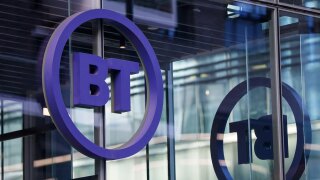The Department of Telecommunications (DoT) appears to be on the side of the operators, which have faced unprecedented consolidation in the past two years – from 11 operators in the business to just three.
But the survivors are still in trouble. Just this week, one of the three, Bharti Airtel, approved plans to raise $3 billion in funds – $2 billion equity and $1 billion debt – at an extraordinary general meeting of shareholders.
And in November 2019 Nick Read, the group CEO of Vodafone, warned about the state of its joint venture in India, Vodafone Idea: “If you don’t get the remedies being suggested, the situation the situation is critical. If you’re not a going concern, you’re moving into a liquidation scenario – can’t get any clearer than that,” he said.
Faced with this financial position, the industry met the DoT officials this week to press their case. They want levies and spectrum costs to be reduced, and a reduction of taxes on licence fees, spectrum usage charges and on payment of spectrum charges, and refund of accumulated input tax credit.
They also want to be allowed to classify telecoms towers as plant and machinery, making them eligible for input tax credit.
One industry representative told local media in India: “We have requested the government to facilitate funding at lower rate of interest so as to plough more funds for network upgradation, maintenance and expansion.”
Following its meetings with the industry this week, the DoT is expected to communicate with the Ministry of Finance at the weekend, said reports, quoting an official who did not want to be named.
At the same time the Indian government is wanting operators to make progress on 5G trials, and wants these to start by the end of March 2020.






